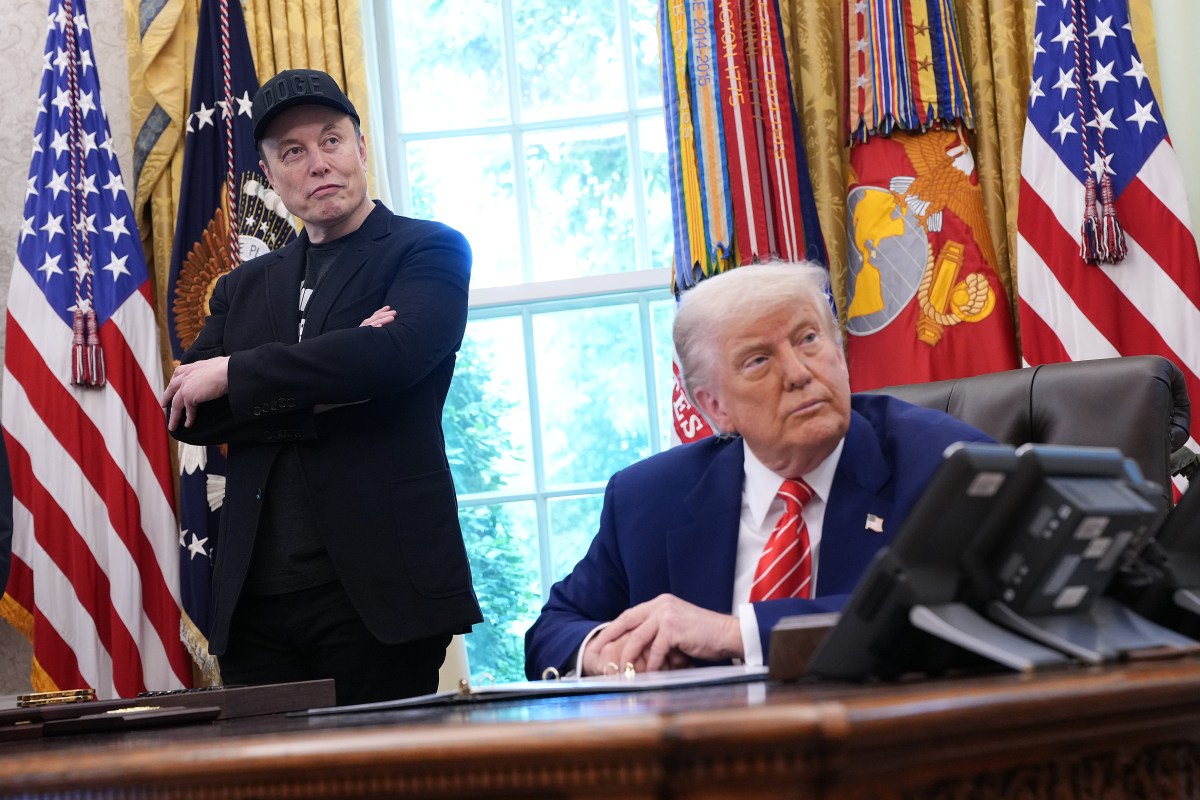Trump's Deregulation Drive: A Boon for the Space Industry?

In a recent initiative, President Donald Trump is setting his sights on reducing bureaucracy in the space industry. During a press conference, the President announced plans to streamline the regulatory environment, promising to eliminate outdated regulations stifling U.S. competitiveness in space ventures.
The newly signed executive order mandates federal agencies to overhaul their processes for launch licensing, expediting spaceport developments, and revamping the FAA’s industry advisory functions. The goal is to remove regulatory barriers that hinder investment and innovation in space.
Particularly, the Department of Transportation is tasked with revising rules concerning launch and reentry licenses, while the Federal Aviation Administration is instructed to hasten environmental reviews and facilitate new spaceport construction. Additionally, the Commerce Department will develop a new framework for authorizing unique space activities such as in-space manufacturing.
The business sector has largely endorsed these measures. Companies eager to see faster permitting and clearer regulatory processes view this executive order as a positive move towards fostering U.S. dominance in commercial space markets. Industry groups, including SpaceX, Rocket Lab, and others, have expressed approval, noting the potential for regulatory relief to stimulate growth.
Despite the enthusiasm among industry stakeholders, environmental organizations have voiced strong opposition. They argue that the order undercuts essential environmental reviews. Groups such as the Center for Biological Diversity warn that downplaying these reviews risks public and ecological safety, considering previous controversies over insufficient environmental assessments for projects like SpaceX’s Starship in Texas.
As the industry adjusts to these regulatory changes, its future will also depend on forthcoming legal challenges and the appointment of new advisory committee members, who will play a crucial role in shaping future policies.



